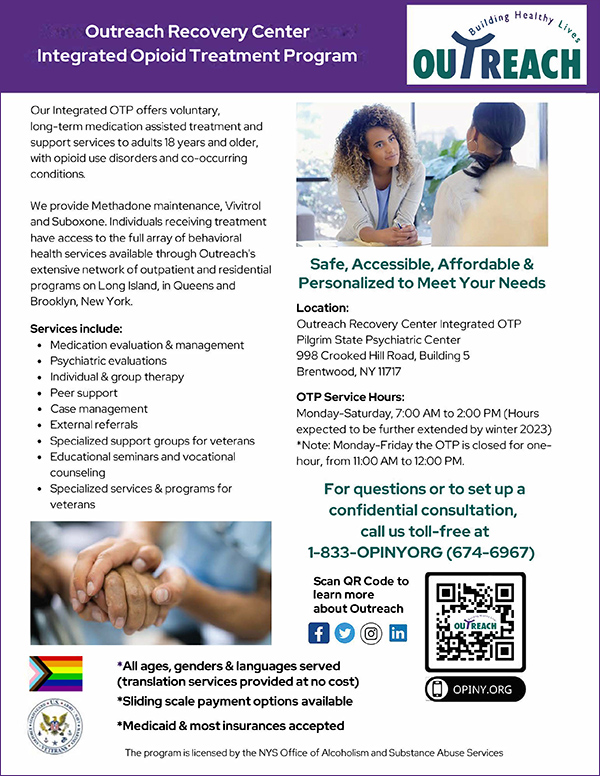The journey of overcoming substance use disorders (SUD) is multifaceted and often daunting. However, recent technological advancements have proven to be formidable allies in this quest, offering hope and innovative solutions. From the vast capabilities of data analytics to the immediacy of telehealth and the comprehensive nature of patient portal access, technology is reshaping the landscape of addiction treatment and recovery.

Data Analytics
Although providers are likely accustomed to utilizing data analytics for performance metrics. In the realm of healthcare, raw data is also a goldmine of clinical insights waiting to be unearthed. For those with SUD, the power of data analytics can be harnessed to predict relapse triggers, understand patterns of use, and tailor interventions for maximum efficacy. Machine learning models, for instance, can analyze a patient’s history, physiological markers, and behavioral patterns, forecasting potential high-risk situations or environments. By providing such predictions, caregivers can preemptively address concerns, ensuring that individuals have the necessary support before facing potential relapses.
Innovative predictive analytics may be top of mind for providers, but data visualization and accessibility are equally essential in putting information in the hands of decision makers within behavioral healthcare organizations. Access to real time data around health equity, outcomes, and monitoring improve client health, access, and success.
Telehealth
The emergence of telehealth has been revolutionary, especially for individuals who might not have easy access to in-person care due to geographical constraints or stigmatization fears. Virtual consultations break down these barriers, allowing patients to connect with therapists, counselors, and peer support groups from the comfort and privacy of their homes. This constant lifeline ensures that help is always available, thereby minimizing feelings of isolation—a critical factor in the recovery journey.
Patient Portal Access
Patient portals have elevated the concept of self-care and autonomy in the recovery process. These digital platforms allow individuals to track their progress, access educational materials, and communicate with their care teams. By having access to this information and resources at their fingertips, patients are better equipped to understand their condition and actively participate in their treatment plans. Moreover, these portals can integrate with wearable devices, offering real-time monitoring of vital parameters and ensuring timely interventions.
Clinical Decision Support (CDS) Systems
Among the myriad technological tools aiding those with substance use disorders (SUD), Clinical Decision Support (CDS) systems stand out due to their potential to enhance the decision-making processes in clinical scenarios. These sophisticated software interfaces are designed to provide healthcare professionals with evidence-based clinical knowledge and patient-specific information, assisting in making precise decisions. Here’s how they play a crucial role in the context of SUD:
- Evidence-Based Recommendations: CDS systems sift through vast medical databases to offer treatment recommendations based on the latest research and best practices, ensuring that patients receive optimal care tailored to their unique circumstances.
- Drug Interaction Alerts: For those with SUD, it’s crucial to monitor potential interactions between medications used in recovery and other prescribed drugs. CDS systems can provide real-time alerts about possible harmful combinations.
- Risk Assessment: Using AI and data analytics, these systems can assess a patient’s risk of relapse based on a variety of factors, allowing clinicians to intervene proactively.
- Monitoring & Alerts: For patients under medication-assisted treatment (MAT), CDS systems can monitor dosages and send alerts if there’s a potential for misuse or if a dose is missed. Alerts when at risk clients miss appointments can ensure reach out and life-saving intervention and interoperability with hospitals can increase follow-up after emergency department visits.
- Patient History Access: By offering a holistic view of a patient’s history, including past treatments, behavioral patterns, and associated health conditions, clinicians can make informed decisions that consider the entirety of a patient’s journey.
Incorporating Clinical Decision Support systems into the treatment paradigm for substance use disorders not only streamlines the clinical process but also ensures that care is evidence-based, personalized, and proactive. As we advance technologically, the fusion of human expertise with digital precision offers a beacon of hope for those navigating the challenges of SUD.
Technology’s pivotal and emerging role in aiding those with substance use disorders cannot be understated. By marrying innovation with empathy, we are not only offering better tools for recovery but also fostering a more compassionate, accessible, and individualized approach to care.
Kelsey Silver, LMFT, is Assistant Vice President of Quality and Data Analytics, at Outreach. For more information, visit opiny.org, email kelseysilver@opiny.org, or call (631) 521-8400 ext. 5119.





